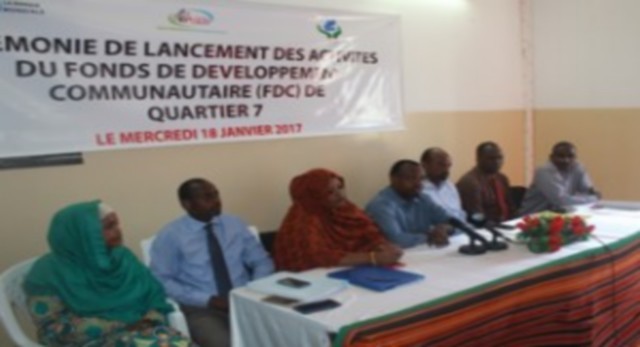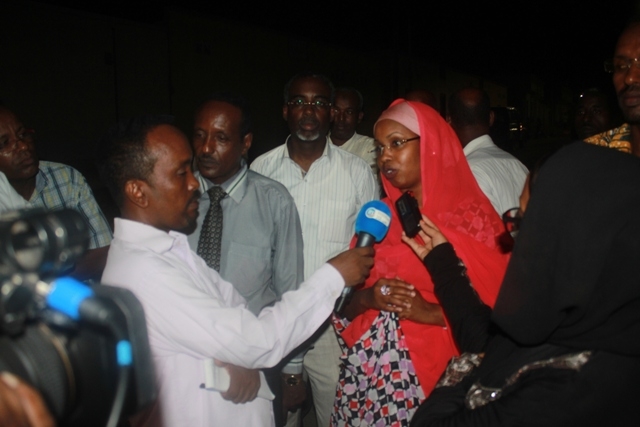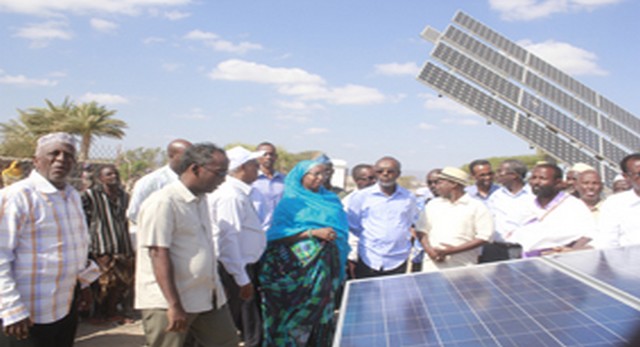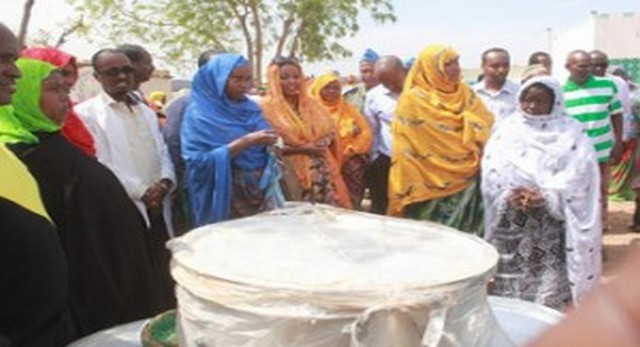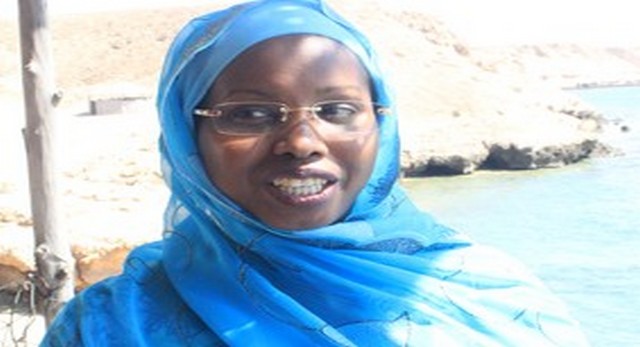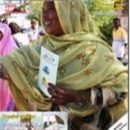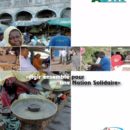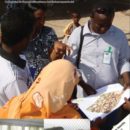It was discussed yesterday at the Sheraton food insecurity in public Boulaos and Balbala . Hence the importance of the implementation of the integrated framework for classification of food security , better known by its acronym IPC , the Republic of Djibouti .
A dissemination workshop on the results of the assessment of food security in rural areas was held yesterday at the Sheraton. The event brought together locally Secretary General of the Ministry of Agriculture , Livestock , Fisheries , Water , responsible for Fisheries Resources , Idriss Abdou , the representative of the World Food Programme to Djibouti , Mario Touchette the representative Interim local FAO office , Hubert Chauvet , and several people from the interior regions .
All these people spoke analyzes for the built classification framework of food security , better known by its acronym CPI , Djibouti .
For beginners , the CPI is a common language to describe the nature and severity of food insecurity situations . The tool used to measure the level in several phases of food insecurity in the target areas of the country.
He must go back to 2006 to see WFP driving under the leadership of the Djibouti government, an investigation into the assessment of food security in rural areas or EFSA in Djibouti.
This effort has identified a more comprehensive view of the evolution of the situation and target vulnerable groups affected by the drought and the high cost of food.
Thus, several government departments, regional prefectures and district councils , DISED , ADDS , ONARS , the Executive Secretariat of the disaster management and various UN agencies have been involved in the development of the survey around the food situation of vulnerable sections of the national community.
In his opening speech at the workshop yesterday at the Sheraton , the WFP representative in Djibouti has highlighted the usefulness of this study will lead to specific actions that will improve the situation of people in a situation of food insecurity. » This exercise is not an end in itself , but should help to identify and support activities aimed at improving the food security of vulnerable communities to better target interventions and to provide data for evaluation , » said Mario Touchette said .
For his part, the Acting Representative of FAO expressed its gratitude to the entire team of the Working Group for their commitment to the implementation of the first analysis of the CPI dedicated to Djibouti city. Which resulted in a Phase Classification of severity of the food security of each municipality . » The situational analysis of the CPI reflects mainly the situation in public Balbala and Boulaos , classified in phase 2 or 3 and where a substantial number of households affected the most vulnerable resides. This challenges us and calls for vigilance and implementation as fast action mechanisms to prevent long-term , « said Mr. Hubert Chauvet .
For his part, the Secretary General of MAEPE -RH recalled how Djibouti’s economy is mainly dependent on the tertiary sector. Lack of sufficient resources and because of the dryness of the soil and low rainfall , the primary sector can not , he said , currently contribute significantly to the diet of the population .
The government, he said , aware of this situation , attaches great importance to the reduction of poverty and food insecurity. To do this, the government has developed a national program for Food Security (NPFS ) . Which is accompanied by an action plan targeting the primary sector for the implementation of the strategy adopted by the Council of Ministers, which is part of the National Initiative for Social Development ( INDS ) as confirmation of Mr. Idriss Abdo
Concretely, the national food security program consists of 26 projects focusing on the promotion of sustainable food security in the regional context , assistance to vulnerable groups and the creation of new sources of growth by introducing technologies modern and support to national exports.
These are the major lessons learned from the restitution workshop yesterday at the Sheraton which was punctuated by interactive discussion among participants about the results of investigations on the evaluation of food security in Djibouti City .

